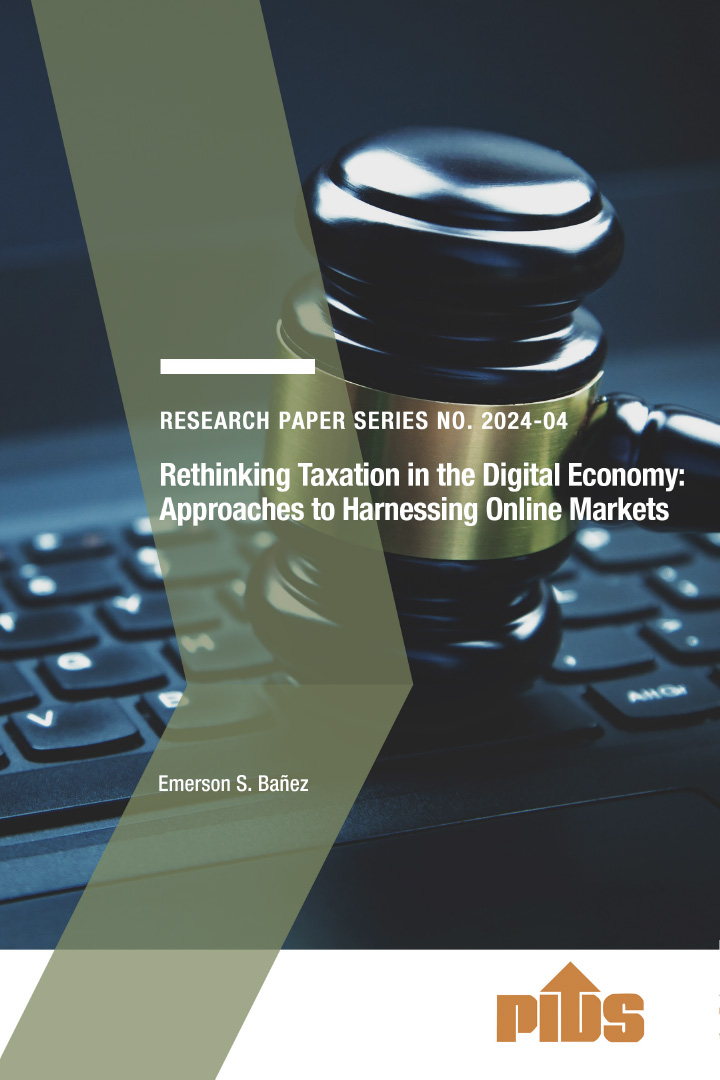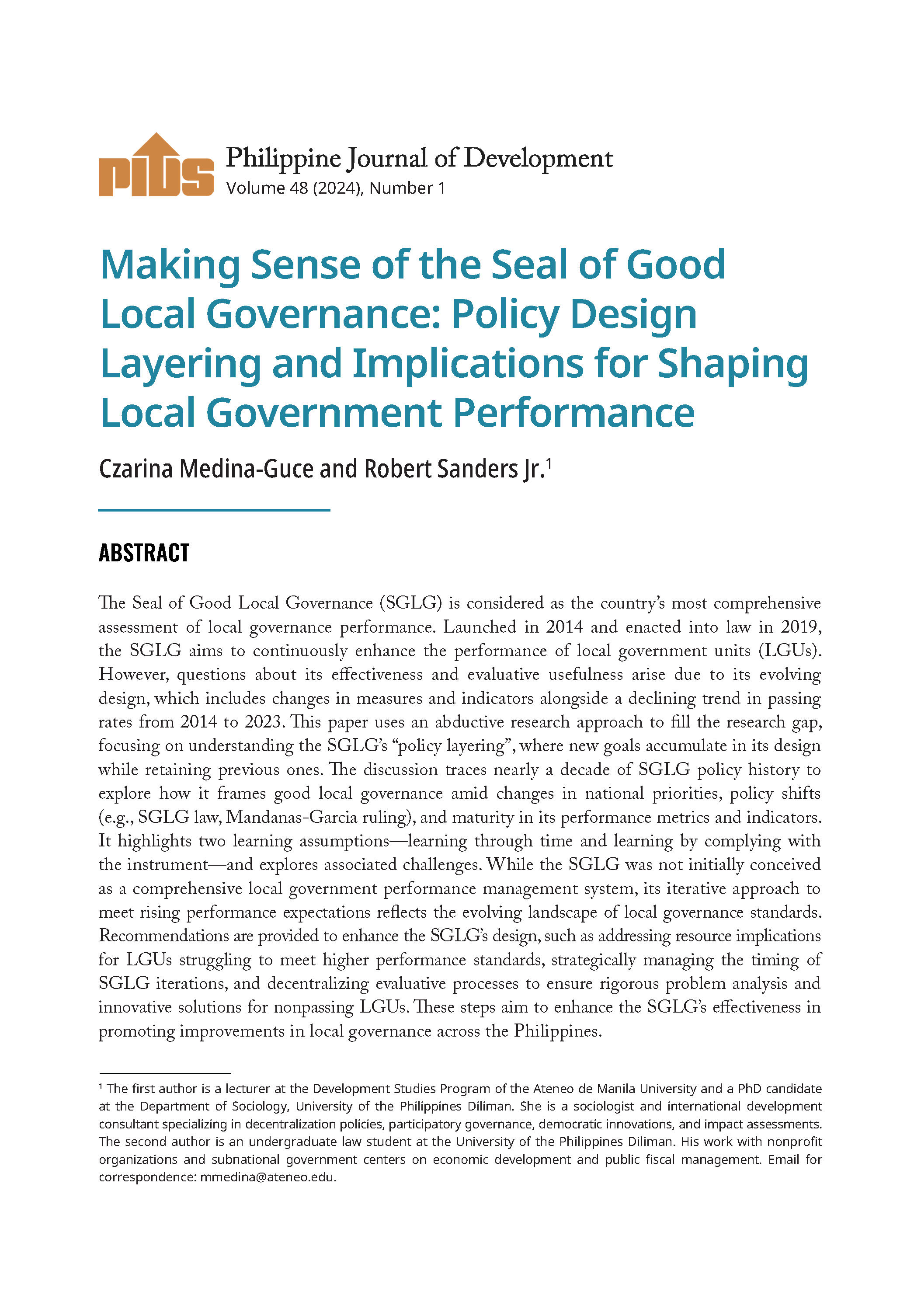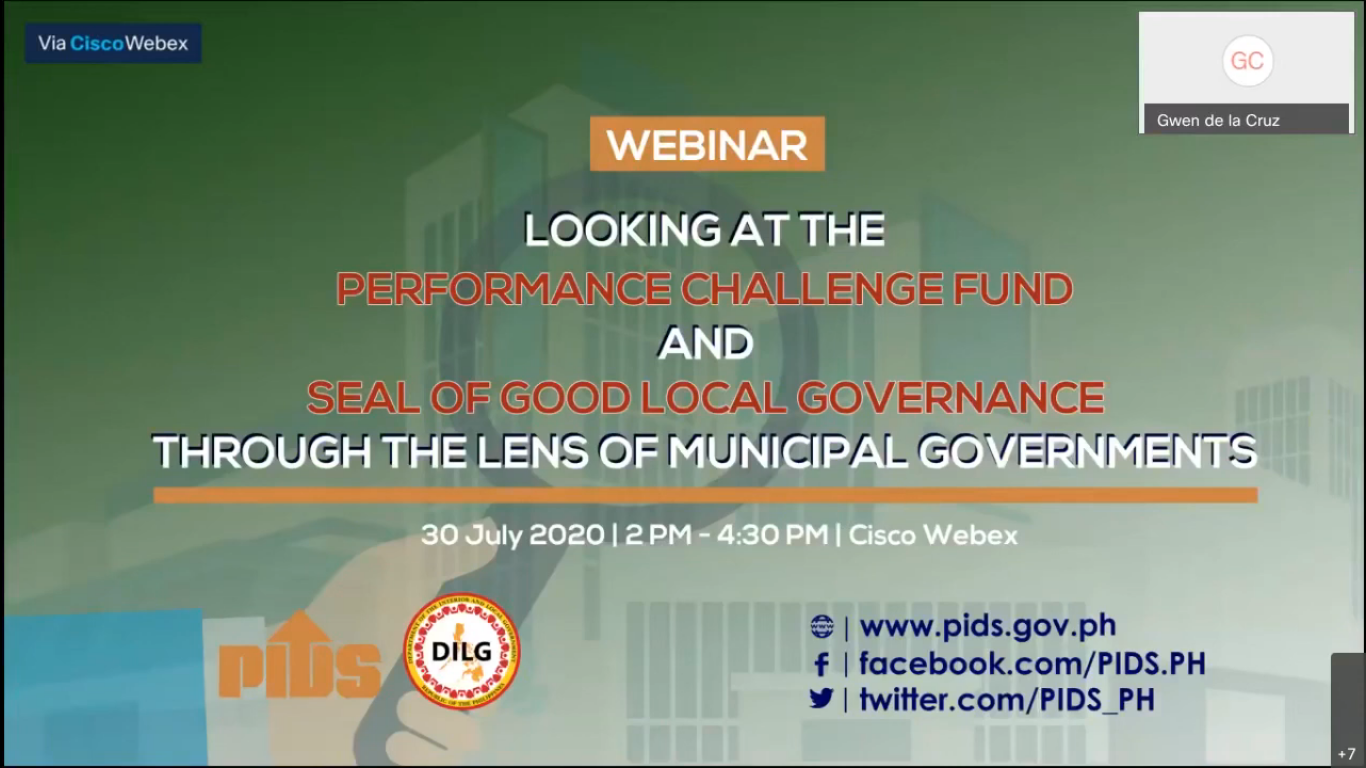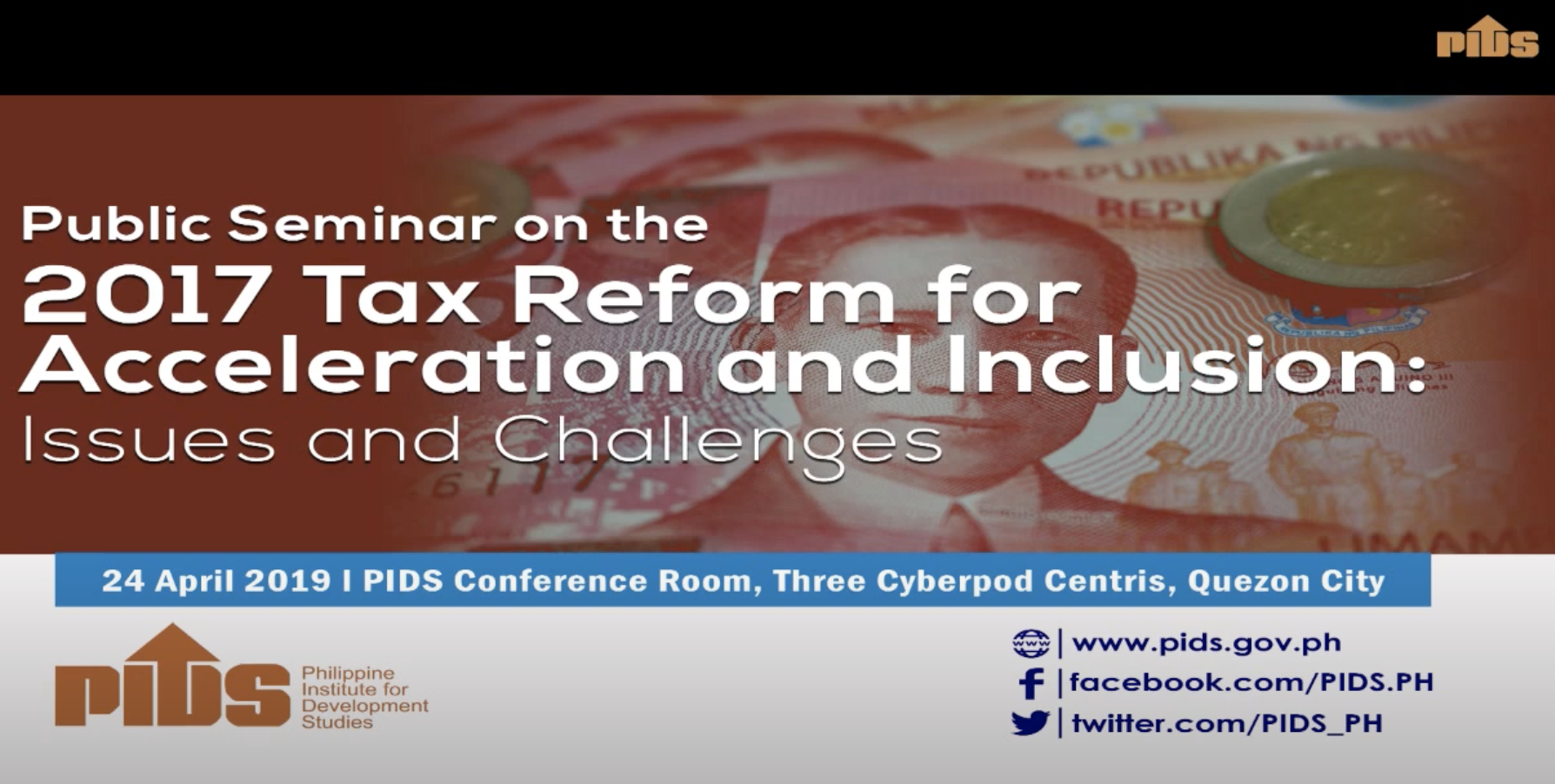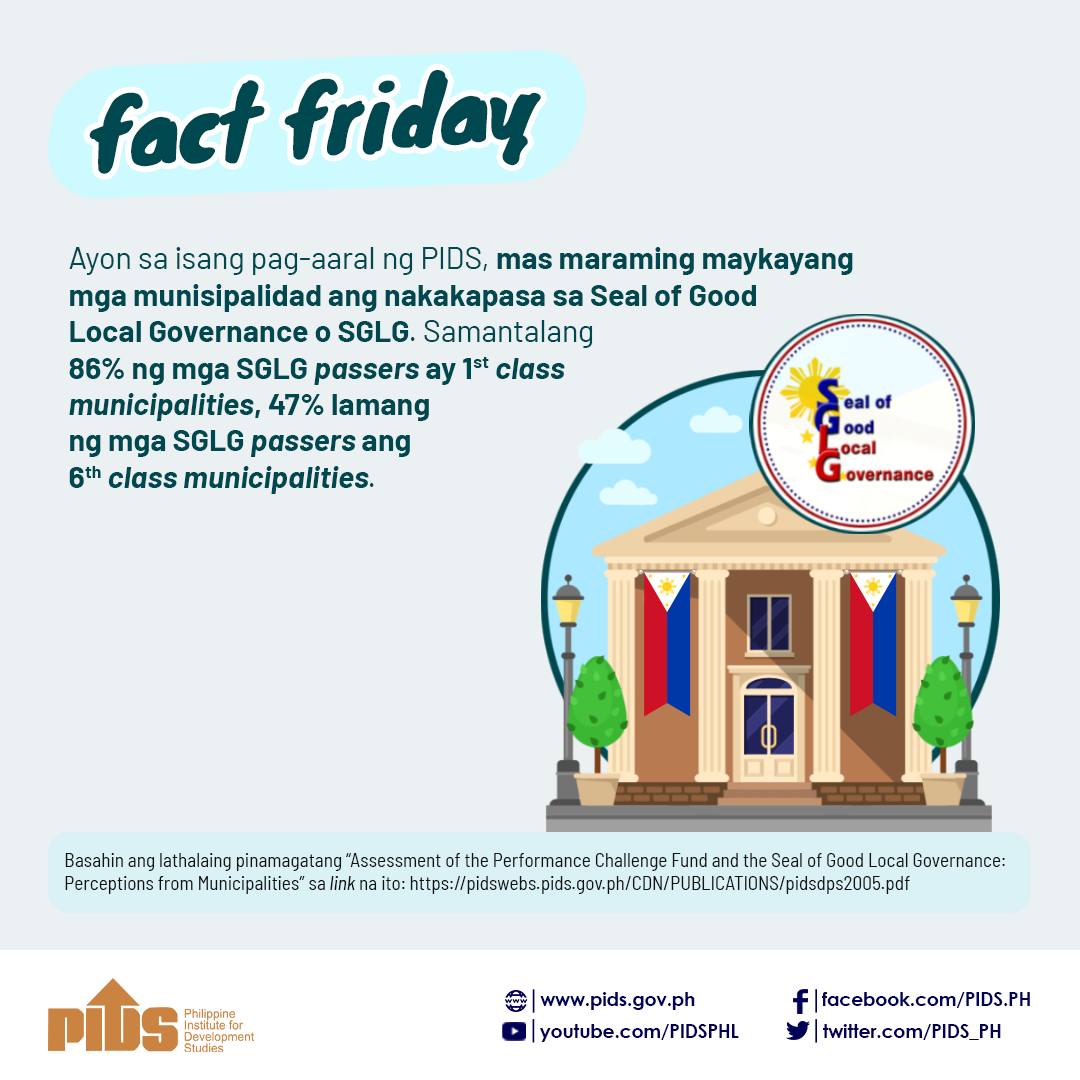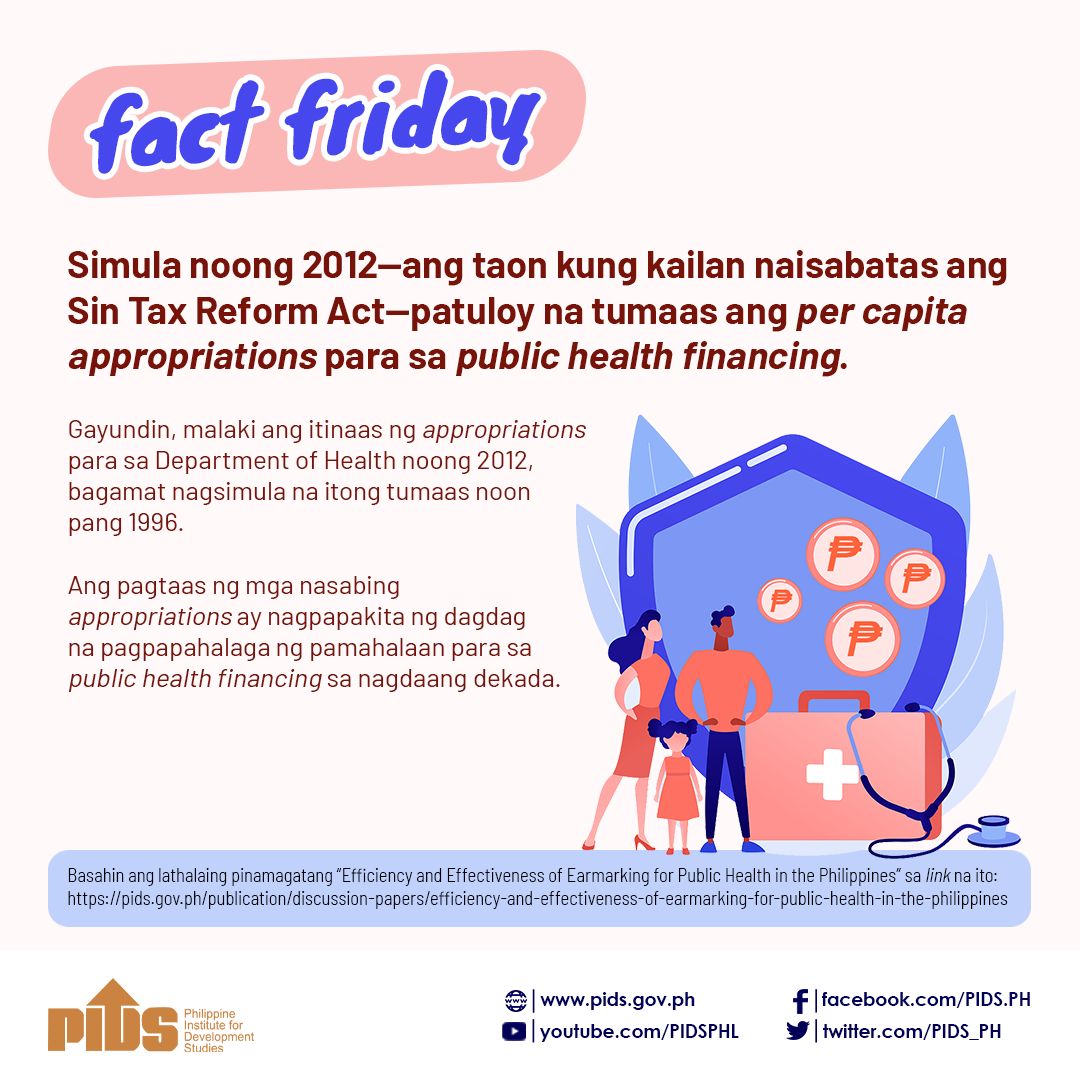The Philippines and other members of the Association of Southeast Asian Nations should coordinate to limit the size and scope of investment incentives to protect themselves from harmful effects of tax competition on their budgets.
The Philippine Institute for Development Studies discussion paper titled Cross-Country Econometric Study on the Impact of Fiscal Incentives on Foreign Direct Investment (FDI) emphasized the need to protect trade in the region without undermining the governments’ budget through policies that involve adjustments in the tax rates or changes in the tax regime.
The government think tank also recommended that the Philippines act on other factors that encourage foreign investments to come and not rely solely on tax cuts.
It cited as an example the building of infrastructure, foreign investors’ current prime concern in the Philippines.
“The countries in the Asean may coordinate in order to determine the optimal size and scope of these tax rates and other investment incentives. This strategy will protect all countries from the various harmful effects of tax competition,” the paper said.
The report cited a previous study which pointed out how tax competition in the Asean can destabilize the budget of the countries involved in trade.
The report said the increasing level of competition for FDI in the 1990s triggered many countries to offer fiscal incentives which include tax holidays, import duty exemptions, investment allowances and accelerated depreciation.
“In recent years, tax incentives have become an important factor in determining FDI location. Asian countries, particularly China, Korea, Taiwan, Hong Kong and Japan, are persistent in keeping their tax rates competitive,” the paper said.
The report said in the Philippines, there is a disagreement on whether the benefits of fiscal incentives outweigh the costs in terms of forgone revenue.
The discussion paper cited a 2002 report which attempted to estimate the losses in total revenues in the Philippines due to fiscal incentives.
“It is important to remember that fiscal incentives, since they are privileges given to investors, bring about losses in income,” the paper said.
The estimates of forgone income in the country, based on the previous study cited in the report, range from P7.2 billion to P12.5 billion.
“To complement the adjustments in tax rates, other country-specific factors that affect the entry of FDI may be identified and worked on,” the report said.
“Since infrastructure has been identified to influence FDI flows, an example may be increasing infrastructure funding to build or renovate facilities that may further attract investors,” it added.
The number one in the wish list of businessmen for the incoming administration is the need to lift constitutional restrictions on doing business in the Philippines, including the limitation on ownership.
Other way is to simplify the tax code, according to Philippine Stock Exchange president Hans Sicat.//
The Philippine Institute for Development Studies discussion paper titled Cross-Country Econometric Study on the Impact of Fiscal Incentives on Foreign Direct Investment (FDI) emphasized the need to protect trade in the region without undermining the governments’ budget through policies that involve adjustments in the tax rates or changes in the tax regime.
The government think tank also recommended that the Philippines act on other factors that encourage foreign investments to come and not rely solely on tax cuts.
It cited as an example the building of infrastructure, foreign investors’ current prime concern in the Philippines.
“The countries in the Asean may coordinate in order to determine the optimal size and scope of these tax rates and other investment incentives. This strategy will protect all countries from the various harmful effects of tax competition,” the paper said.
The report cited a previous study which pointed out how tax competition in the Asean can destabilize the budget of the countries involved in trade.
The report said the increasing level of competition for FDI in the 1990s triggered many countries to offer fiscal incentives which include tax holidays, import duty exemptions, investment allowances and accelerated depreciation.
“In recent years, tax incentives have become an important factor in determining FDI location. Asian countries, particularly China, Korea, Taiwan, Hong Kong and Japan, are persistent in keeping their tax rates competitive,” the paper said.
The report said in the Philippines, there is a disagreement on whether the benefits of fiscal incentives outweigh the costs in terms of forgone revenue.
The discussion paper cited a 2002 report which attempted to estimate the losses in total revenues in the Philippines due to fiscal incentives.
“It is important to remember that fiscal incentives, since they are privileges given to investors, bring about losses in income,” the paper said.
The estimates of forgone income in the country, based on the previous study cited in the report, range from P7.2 billion to P12.5 billion.
“To complement the adjustments in tax rates, other country-specific factors that affect the entry of FDI may be identified and worked on,” the report said.
“Since infrastructure has been identified to influence FDI flows, an example may be increasing infrastructure funding to build or renovate facilities that may further attract investors,” it added.
The number one in the wish list of businessmen for the incoming administration is the need to lift constitutional restrictions on doing business in the Philippines, including the limitation on ownership.
Other way is to simplify the tax code, according to Philippine Stock Exchange president Hans Sicat.//


